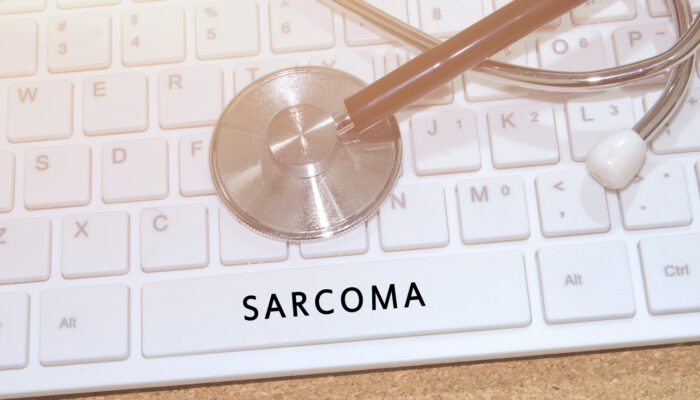
Symptoms of pulmonary arterial hypertension
High blood pressure is prevalent among a high percentage of the population these days. One of the rare forms of high blood pressure is pulmonary arterial hypertension. This condition affects the pulmonary arteries which carry blood from the heart to the entire area of lungs. When these arteries become narrow and constricted, pumping adequate blood to the lungs will become difficult. So, to send an adequate amount of blood, the heart will have to exert itself more leading to the creation of blood pressure in these arteries and increased pressure on the lungs. Some of the symptoms and causes of pulmonary arterial hypertension are:
Shortness of breath
Breathing is enabled by the blood carried through the blood vessels and arteries from the heart to the lungs. When you inhale and exhale, the oxygen-rich air is brought in and the oxygen-depleted air is let out. When an individual suffers from pulmonary arterial hypertension, this normal process of inhale-exhale becomes more difficult, in turn causing shortness of breath. This may be experienced while doing activities such as cleaning the house, climbing stairs, walking a few blocks, etc. These activities will become difficult and leave you breathless in a shorter amount of time. This is one of the symptoms of pulmonary arterial hypertension.
Blue lips
Oxygen-rich red blood cells are sent throughout the body by the pumping of the heart. Due to this condition, the amount of oxygen carried by the red blood cells reduces, and body parts do not receive the oxygen that they would need. This depletion in oxygen levels causes the skin and lips to turn into a bluish color and that condition is known as cyanosis.
Chest pain and irregular heartbeat
As the pressure in the heart is altered due to this condition, the muscles in the heart have to work harder than they normally would have to. This leads to weakness in these muscles over time. Once the heart muscles are weakened, they will not be able to function as they once used to. This can lead to heart palpitations, erratic heartbeat, or a racing pulse.
In addition to that, the increased blood pressure in the heart and arteries can develop pain in the chest. This is a major symptom of pulmonary arterial hypertension.
Swelling of the limbs
Ankles, feet, and legs can be prone to edema or swelling because of pulmonary arterial hypertension. When kidneys are not able to remove the waste from the body efficiently, swelling occurs. The longer an individual suffers from pulmonary arterial hypertension, the greater are the chances of fluid retention causing further swelling.
Dizziness and fatigue
If this condition leads to reduced oxygen received at the lungs, then the amount of oxygen reaching the brain and body is also less. This means that the body has less amount of fuel to function on. Thereby, simple tasks like walking can easily tire the individual out in a shorter amount of time. Thought processing will happen at a rate that is slower than usual.
Taking these symptoms of pulmonary arterial hypertension to the doctor can be of great help. Through a chest X-ray, blood test, electrocardiogram, and other tests, the doctor would be able to diagnose the condition. Recognizing it early on can prevent the symptoms from becoming more complicated.



